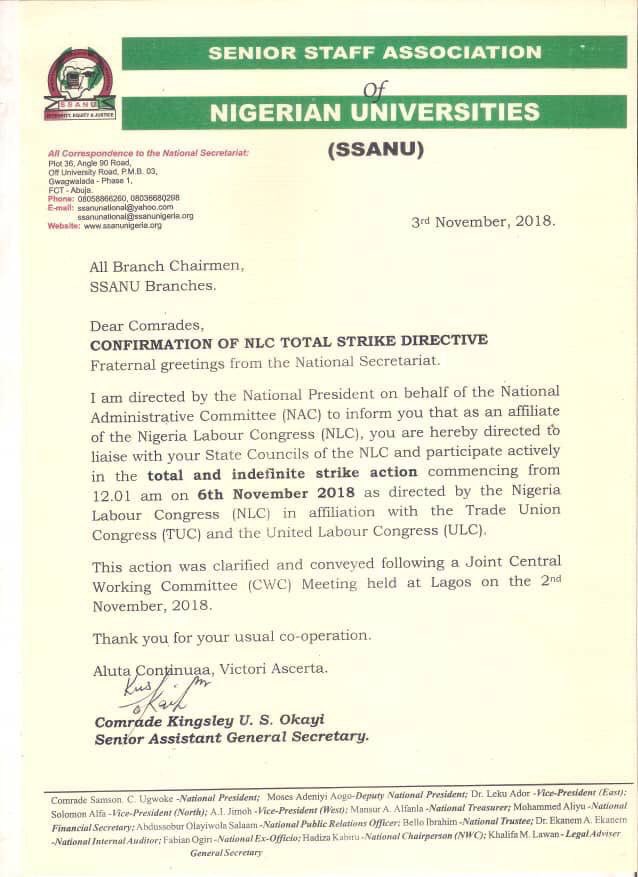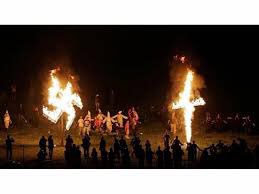yourdailyjournal.com/top-stories/15…
thenewpress.com/books/hamlet-f…
amazon.com/Out-Sight-Corp…
bostonreview.net/class-inequali…
Get real-time email alerts when new unrolls are available from this author!
Twitter may remove this content at anytime, convert it as a PDF, save and print for later use!

1) Follow Thread Reader App on Twitter so you can easily mention us!
2) Go to a Twitter thread (series of Tweets by the same owner) and mention us with a keyword "unroll"
@threadreaderapp unroll
You can practice here first or read more on our help page!





